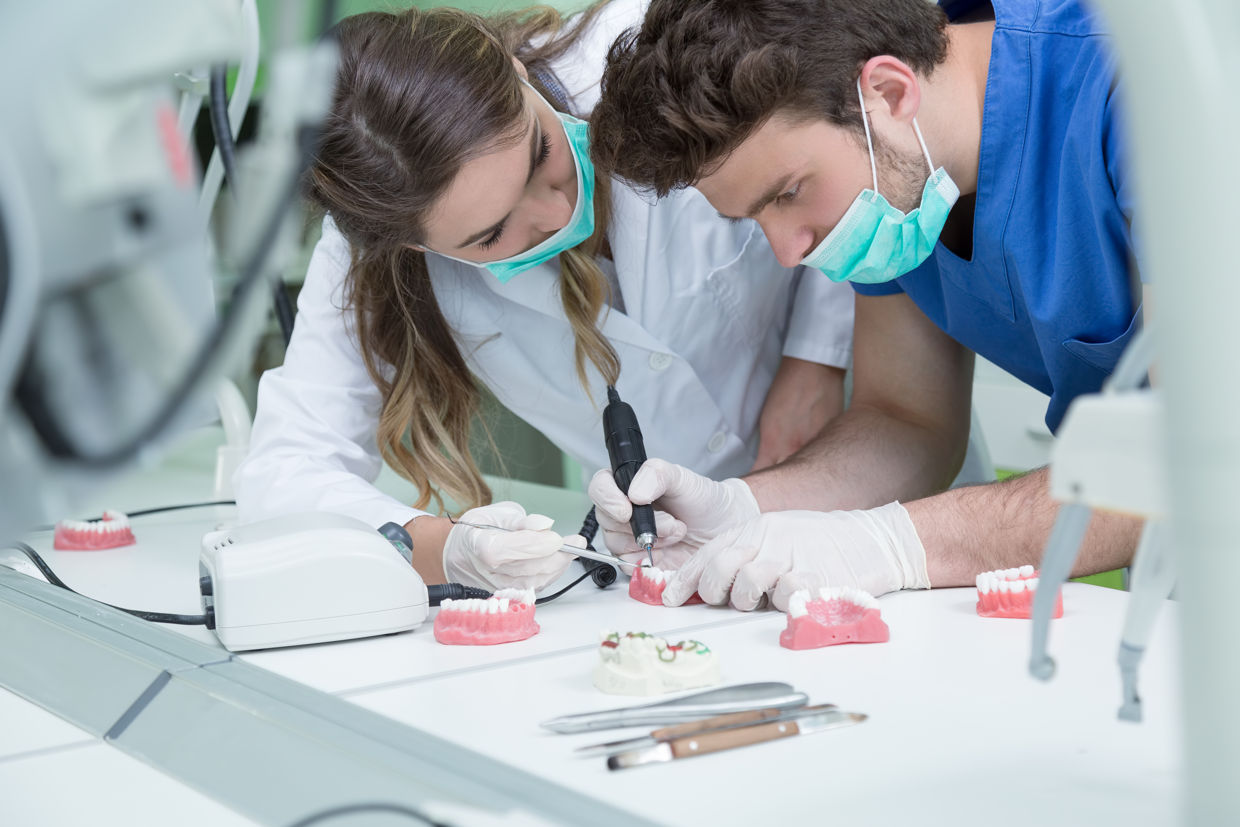How Long Do Porcelain Veneers Last?
Porcelain veneers offer a beautiful solution to various dental imperfections, providing patients with a stunning smile transformation. However, a common question among individuals considering this cosmetic dental procedure is, "Can…








